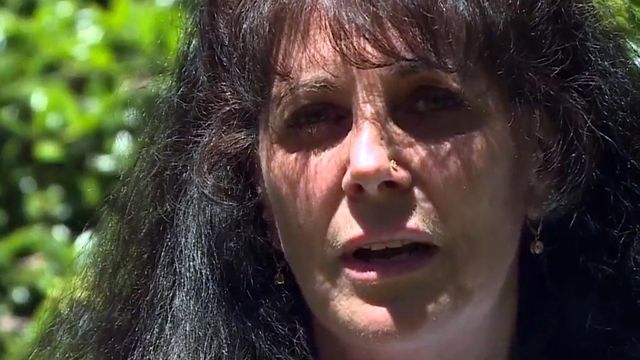Chancellor to meet with UNC Black Caucus over members' disenchantment with university
Chancellor Kevin Guskiewicz said Thursday that he would meet with leaders of the UNC Black Caucus after the group said Wednesday that an overwhelming majority of its members are considering leaving the University of North Carolina at Chapel Hill.
Posted — UpdatedThe caucus said 70 percent of its members are thinking about leaving, and more than half are actively searching for jobs outside the university.
"It’s a really hard time to be at Carolina and to lift up the values we thought we shared, but are clearly not the same," said Dawna Jones, a member of the UNC Black Caucus.
Jones said she is exhausted by the headlines coming out of UNC-Chapel Hill after its decision to not offer tenure to Nikole Hannah-Jones, the incoming Knight Chair in Race and Investigative Journalism at the Hussman School of Journalism and Media.
"She earned it. She deserves it," Jones said.
Although most of the Knight Chair positions around the U.S. are tenured, Hannah-Jones was offered only a five-year contract.
The ongoing controversy surrounding Hannah-Jones has led to a number of people questioning the tenure process – how it works and who is offered these positions – and it has Jones questioning the future for other Black faculty and staff.
"It’s a heartbreaking realization that a lot of people are trying to find their way out right now," she said.
Patricia Harris, who works to recruit students to UNC-Chapel Hill, said she has thought about leaving the university.
"I absolutely have. I’m so upfront and honest," she said. "Often times, it’s feeling undermined in the daily work I do."
Guskiewicz said he will meet with the UNC Black Caucus next week to "reaffirm my commitment" to building a community where members feel like they belong.
“It has always been my goal to build a community where everyone truly knows they belong and are valued for their own unique perspectives and experiences," he said in a statement. "I am deeply concerned that some members of the Carolina Black community do not feel they can thrive in this environment."
Shayna Hill, chairwoman of the UNC Employee Forum, which represents about 8,600 non-faculty staff at UNC-Chapel Hill, said the Hannah-Jones controversy and its fallout "breaks my heart."
"If we lose 70 percent of our Black colleagues, our community will be devastated, and we will all be diminished by it," Hill said. "How can we build a diverse, inclusive, rich tapestry of ideas and perspectives with so many of our black colleagues leaving?"
She said she knows of several Black employees planning to leave UNC-Chapel Hill.
"It's been a really tough year for my Black colleagues, and they're exhausted," she said. "They want to feel valued and appreciated, and when you're in a position where you don't feel that, you move on."
"UNC is a public university, and we need it to show up in ways in the community that are beneficial to all," Miller-Foushee said.
Harris promises the Black Caucus will continue to fight for those who stay.
"We know Carolina has what it takes to be a great institution and be inclusive of all of us, but we have to keep fighting for that every day," she said.
"We can get together and talk about this and fix this. This is fixable," Hill agreed.
Related Topics
• Credits
Copyright 2024 by Capitol Broadcasting Company. All rights reserved. This material may not be published, broadcast, rewritten or redistributed.






